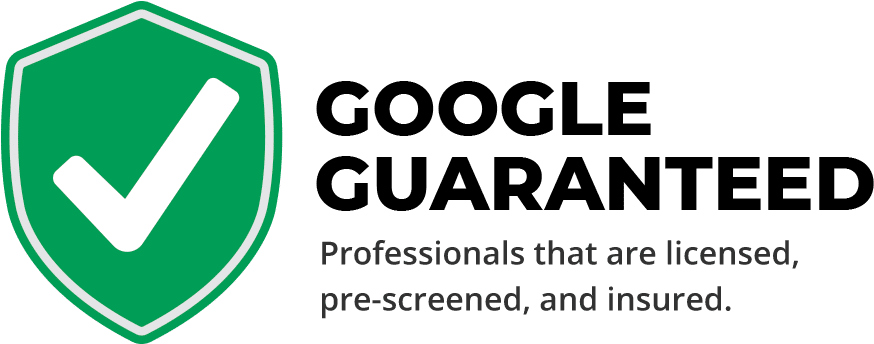Table of Contents
ToggleSocial Media Rights for Employees
The biggest technological trend in recent years has been social media. Regardless of age, gender, and race, it seems almost everyone is posting to Facebook, Twitter, Snapchat, or Instagram.
With any new technology comes new headaches and problems. Recently, there have been some cases of employees getting into trouble after their postings on social media (http://www.huffingtonpost.com/2013/01/22/melissa-cairns-ohio-teach_n_2529166.html). Ironically, many of these stories have gone viral thanks to the same networks that seem to be causing the problem. The question still remains: exactly what can an employer do to an employee when it comes to social media posts (http://www.tirebusiness.com/article/20160104/NEWS/160109988/blog-legal-use-of-employee-social-media)?
Do employees have rights when it comes to what they post on the Internet?
Here’s a primer for employers (and employees) when it comes to social media rights (http://www.strategy-business.com/blog/How-Not-to-Police-Employees-Social-Media?gko=d27da).
The first thing employers need to realize is that the National Labor Relations Act (NRLA) may come into play when it comes to social media. This is a federal law that has been in place for over eighty years and was put in place to protect labor union organizations. It protects employee speech if it is a “concerted activity…for mutual aid and protection.” Hypothetically, this could mean that an employee who posts a message on Facebook or Twitter about low wages or unsafe working conditions can be considered to be protected as it may construe this type of “mutual aid or protection.”
Another aspect of the federal government that may come into play is the National Labor Relations Board (NLRB). Many employers are shocked to learn what the NLRB has done in the past when it comes to protecting social media posts. In the past, they have backed employees in the following circumstances:
• Supporting an employee when the person is not a member of a union;
• Supporting an employee who is not trying to organize a union;
• Supporting an employee who uses profanity or vulgar language;
• Supporting an employee who posts insults about supervisors; and
• Supporting an employee who posts pictures of a supervisor, especially in an unfavorable light.
Although this does not mean the employee will be guaranteed the exact same treatment by the NLRB, there is a definite precedent established by past behavior that can influence a case against an employee.
Some employers have tried to protect themselves against what they deem to be improper social media posts by creating a social media policy for the company. These can be tricky as well. The NLRB has struck down many such corporate policies as being a violation of an employee’s rights.
Any language that bans employees from talking about their work may, in fact, also limit them from talking about wages and work conditions, which is a violation of NLRA. That is why the board favors policies very specific and not ambiguously worded when it comes to what is and what is not allowed. They also suggest containing a clause in your policy that specifically mentions the NLRA as a way of protecting the employer.
So what can an employer take action against when it comes to social media?
Before you start to take any kind of disciplinary action, ask yourself a few questions:
• Is the post regarding the organization of a union?
• Is the post about wages, hours, or working conditions?
If the answer to any of these is “Yes” then chances are the NLRB will back the employee over the employer. If it is not about these but is just the employee complaining about his or her job, then it is probably not protected and the employer can take disciplinary action.

If the post is shown to have the intent of embarrassing the employer or the business’s customers (such as a waitress complaining about a diner’s rude behavior or poor tipping), then chances are the NLRB will side with the employer, even if it means terminating the employee.
What causes this to be even murkier is when it comes to social media “likes.” If an employee posts a complaint about work and a co-worker “likes” or favorites the post, then it can be construed as a group discussion that can make it protected under labor organization rules. That is why it is important for employers to take a deep breath before taking disciplinary action because of social media. Get all of the facts and weigh your options before you do anything that could ultimately cost you in the long run.




















